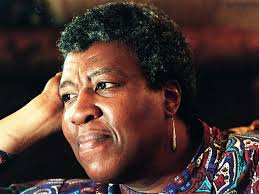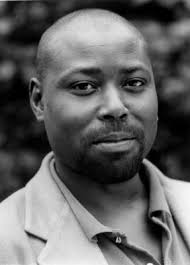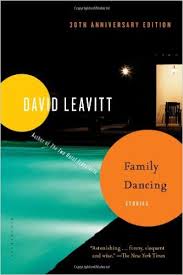#763 The Dark Dining Room- Felisberto Hernandez
A young up and coming pianist is looking for work, but it is hard to come by. He manages to get a lowly job playing twice a week for a private audience. A strange woman, both widowed and jilted has hired him to fill the house with music. He finds the surroundings odd and uncomfortable, especially his encounters with a disgruntled maid at the estate.
As all the stories in this collection, music plays a huge roll. Here it evokes memories and desire, whether wanted or not. That part of the story was, as always, written delicately and with great effect. However, this was the first of this Piano Stories collection I found disappointing. It was left a bit unresolved or undeveloped in an unsatisfying way. Unlike the others, this was written in a classic style without Hernandez’s penchant for spiritual or other-worldly themes. Classic is fine, but using that as a measuring stick, this fell a bit short (and I’m only using the high level of achievement his other stories hit as a barometer).
Notable Passage: “I hadn’t wanted the title of the song to bring back her bad memories, but I was drawn to the tragedies in other lives.”



























